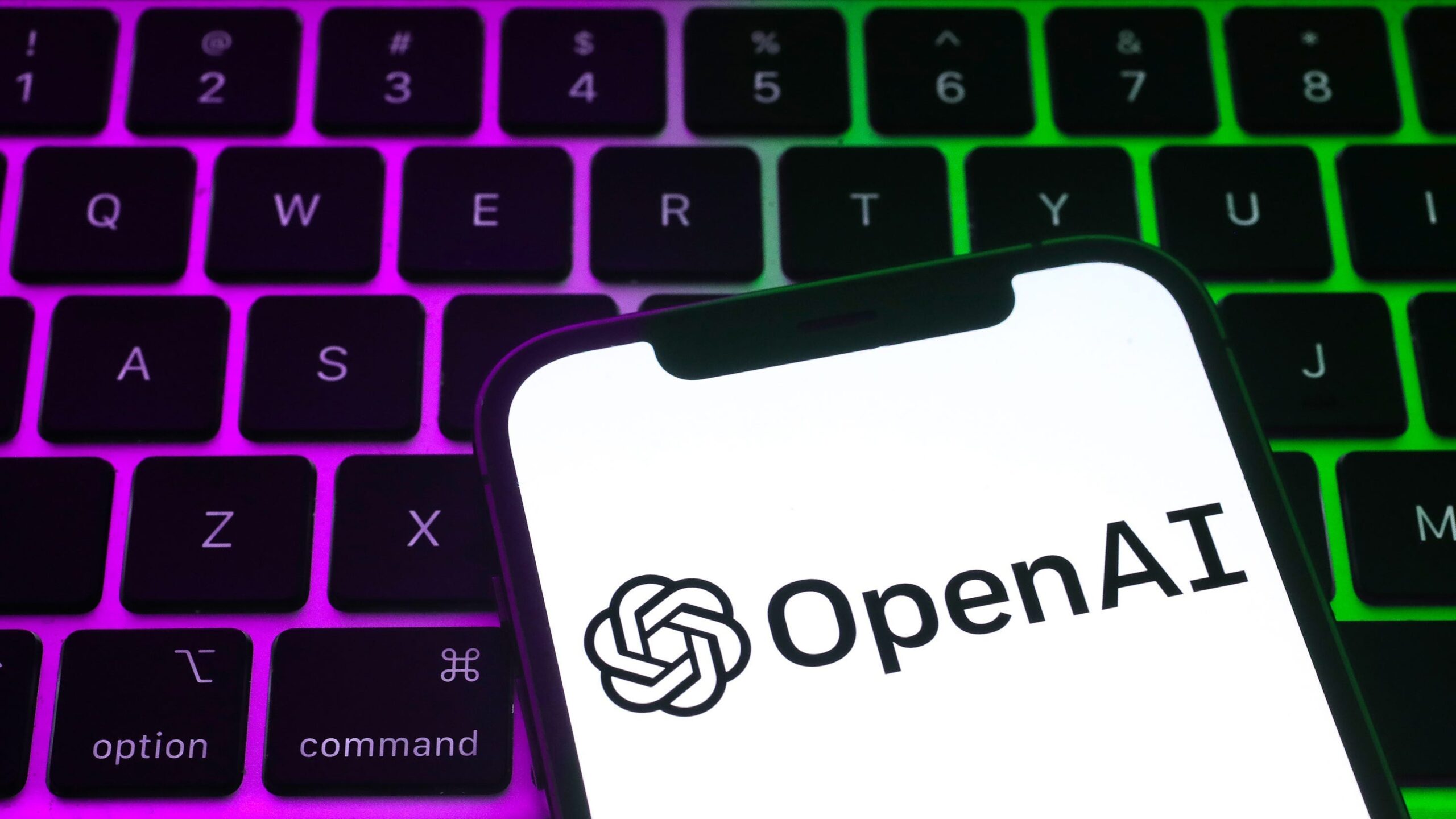
As artificial intelligence (AI) technologies like ChatGPT become more integrated into our daily lives, questions are intensifying about their broader impacts on human cognitive abilities and the environment. These tools, while hailed for convenience and productivity, raise important concerns about critical thinking, creativity, and sustainability.
One writer recently shared a personal reflection after interacting with ChatGPT, expressing unease over how such platforms may influence how people think and create. They pointed out that frequent reliance on AI for idea generation and problem-solving might dissuade deeper engagement with complex topics. Instead of coming up with original thoughts, users may increasingly depend on AI-generated answers, which could stifle critical analysis and innovative approaches.
Moreover, the author was alarmed by the potential environmental impacts of AI. Large-scale language models like ChatGPT require substantial computational resources to train and operate. This process involves extensive data center usage, leading to high energy consumption and carbon emissions. While tech companies are beginning to address these sustainability concerns—often by improving energy efficiency or investing in carbon offset programs—the growing demand for AI services means that their overall environmental footprint remains significant.
By engaging directly with ChatGPT, the author hoped to understand firsthand how the technology operates and how people might unconsciously alter their thought patterns when using it. The experience confirmed some fears: the AI was incredibly helpful at summarizing information and proposing ideas, but the author noted a tendency to accept its outputs without sufficient questioning or elaboration.
This highlights a broader societal issue. If AI becomes the default tool for knowledge retrieval and content creation, it may discourage people from developing their analytical thinking and creative expression. Education systems and users themselves will need to emphasize the importance of questioning AI-generated responses and using them as starting points rather than final answers.
Ultimately, the author’s exploration calls for a balanced approach to AI—one that harnesses its capabilities without compromising human intellect or planetary health. Greater transparency in how AI systems operate, along with policies promoting responsible usage and environmental stewardship, will be key to managing the ongoing integration of artificial intelligence into society.
Source: https:// – Courtesy of the original publisher.








